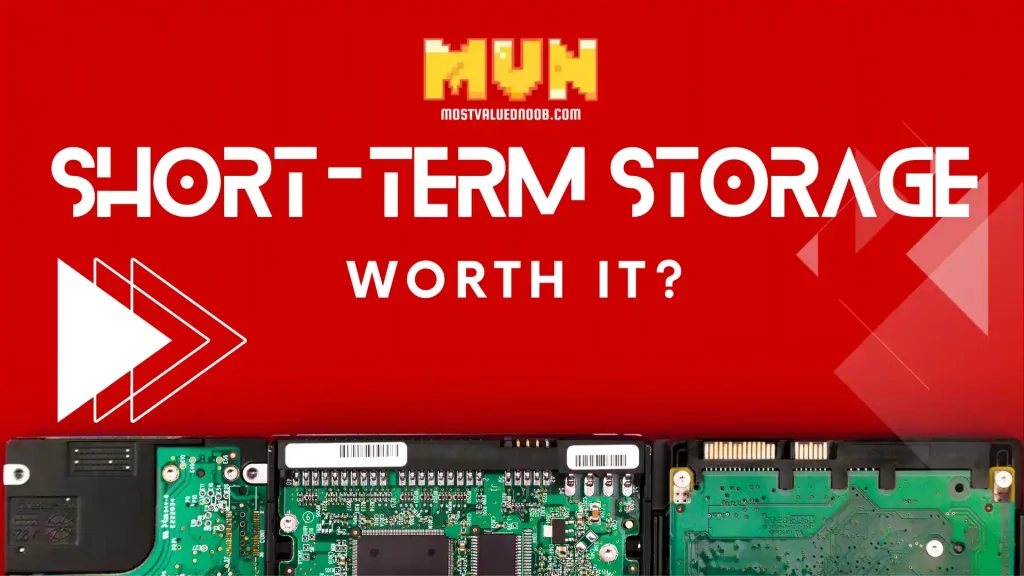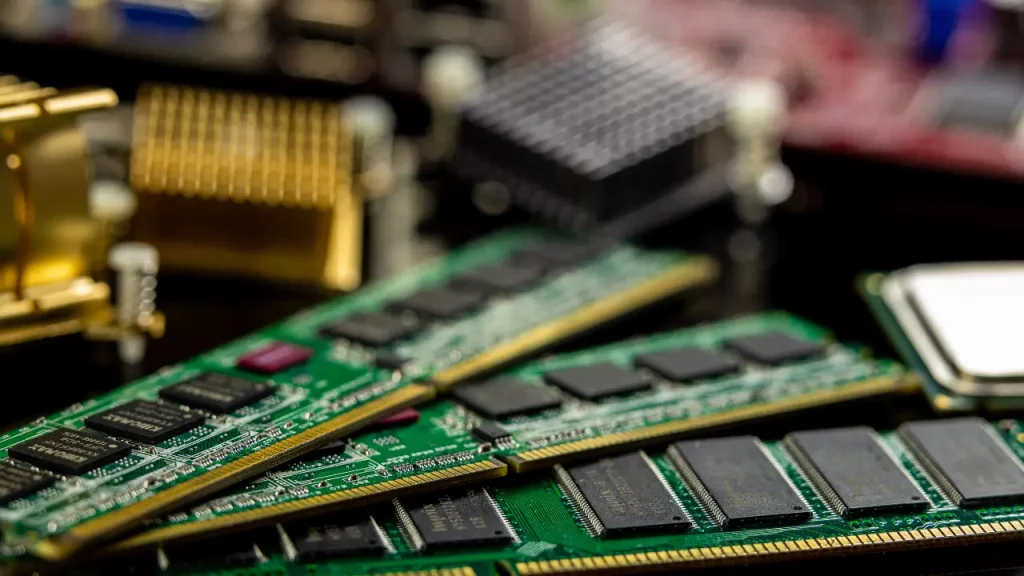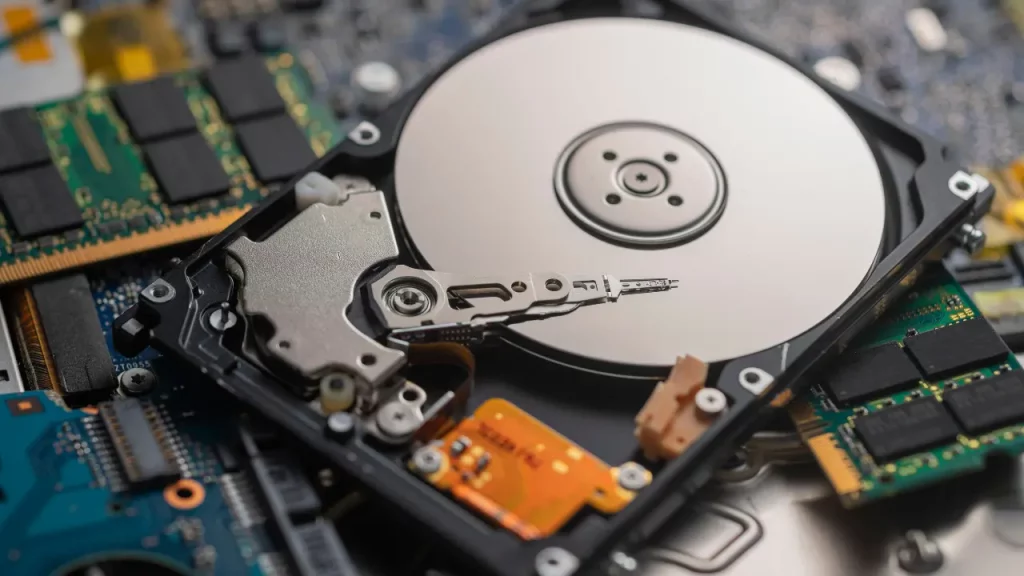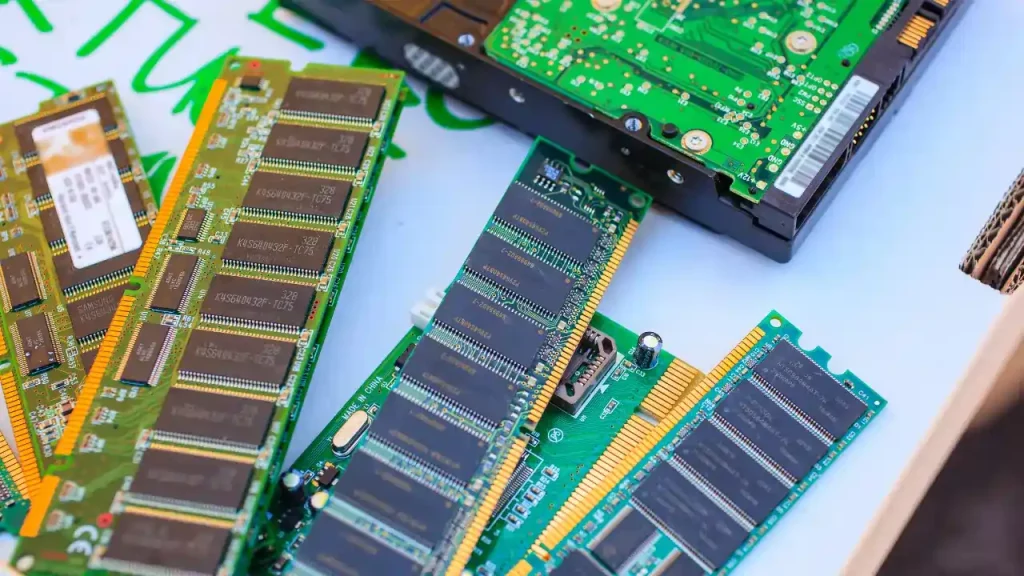It’s becoming increasingly clear that with the amount of data we generate daily, computer memory is quickly becoming one of the most important components of any modern computing setup.

Whether you’re streaming media, running a business, or storing personal files for long-term use, having enough RAM and storage space can make all the difference in how your machine performs—and it does what you need it to do without accidentally losing something critical along the way.
In this post, we’ll take a closer look at whether computer memory for short-term storage is worth investing in from various angles – from cost effectiveness to day-to-day usage benefits. Let’s dive into why you should consider outfitting your rig with additional RAM and storage today.
Computer Memory For Short Term
Computer memory is a valuable resource for short-term storage and can be incredibly useful in many different applications. It is essential to understand how much memory you will need, what types of memory are available, and each type’s pros and cons before deciding whether or not to invest in this technology. To create more space, learn how to purge Mac hard drive or a hard drive on another computer you have.
There are two main types of computer memory: RAM (Random Access Memory) and ROM (Read Only Memory).
RAM

RAM is volatile, requiring a power source to retain data; when it is removed or interrupted, all information stored in RAM is gone. This makes it perfect for storing temporary data, such as program instructions that need to be accessed quickly and frequently.
ROM
On the other hand, ROM is non-volatile, meaning that data remains stored even when there is no power supply. This makes it great for storing more significant amounts of data that may not need to be accessed as often but must remain intact even after power outages.
Factors Worth Considering

When deciding whether or not investing in computer memory for short-term storage is worth it, consider the following factors:
- cost vs. benefit analysis
- type of hardware being used
- size and scope of the project
- expected usage time
- reliability requirements
- security needs.
For example, if you will primarily use the memory to run a program requiring quick access to instructions over a long period, then RAM might be your best bet since RAM has faster retrieval rates than ROM.
However, you are looking for more long-term storage with higher levels of security. In that case, ROM might be your better choice since its non-volatility ensures all information remains protected even during power outages or other interruptions while also offering benefits like encryption capabilities to protect sensitive data from malicious actors further.
Memory vs. Storage

Compared to memory, storage is much slower as it requires long periods of time to access data; however, this tradeoff allows for more extensive data retention capacities, making it ideal for long-term data storage needs.
Additionally, because this type of media does not require constant electrical power to store its contents, it can also be used with mobile devices such as USB thumb drives which provide portable methods of transporting large amounts of digital data from place to place.
To sum up, memory and storage play essential roles in computing systems. Still, they each perform different functions — memory provides temporary access for executing tasks. In contrast, storage offers permanent solutions for saving files over long periods with higher capacities than what’s available with RAM modules.
When to Upgrade Computer Memory
When it comes to deciding when to upgrade your computer memory, there are a few essential factors that should be taken into consideration.
- The most important factor is how much RAM you currently have installed. Find yourself regularly running out of memory or needing help multitasking on your computer. It may be time to increase the amount of RAM installed in the system.
- Another indication that a RAM upgrade may be necessary is if you’re running newer software applications or operating systems – as these generally require more memory than older programs.
- Another key indicator for upgrading your computer memory is age; as technology advances over time, so does the need for additional RAM to power the latest hardware and software platforms.
For instance, if you purchased a machine three years ago with 4 GB of RAM and now feel like it’s lagging behind current standards of performance – it’s likely time for an upgrade.
Final Thoughts
Computer memory can provide invaluable resources for short-term storage, but it’s essential to carefully weigh the associated costs against expected benefits before making an investment decision.
Different types of memory have different pros and cons, so selecting the most appropriate one for your intended application can ensure optimal performance and increased efficiency over time.

Co-founder of MostValuedNoob.com, Tanveer Quraishi is a creative genius who loves gaming. He is an expert in graphic design and is also a prolific writer responsible for churning out some great content related to various games.
